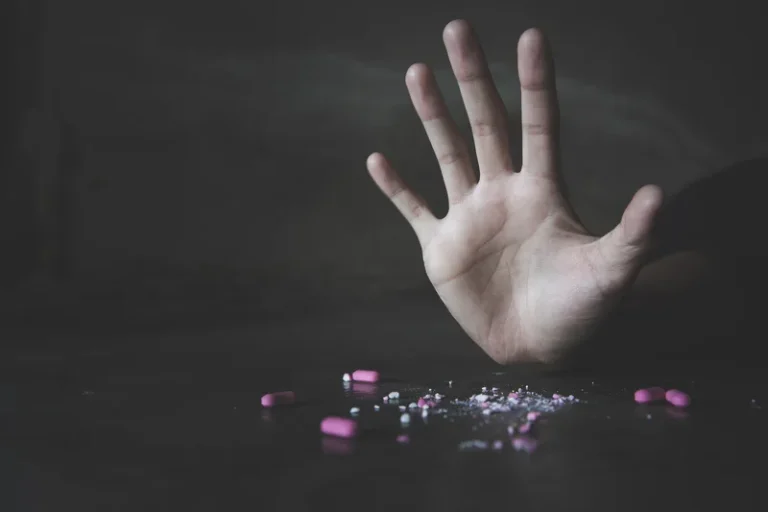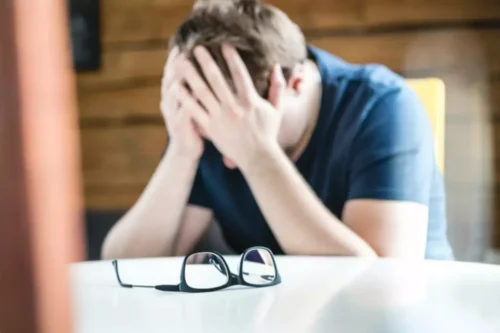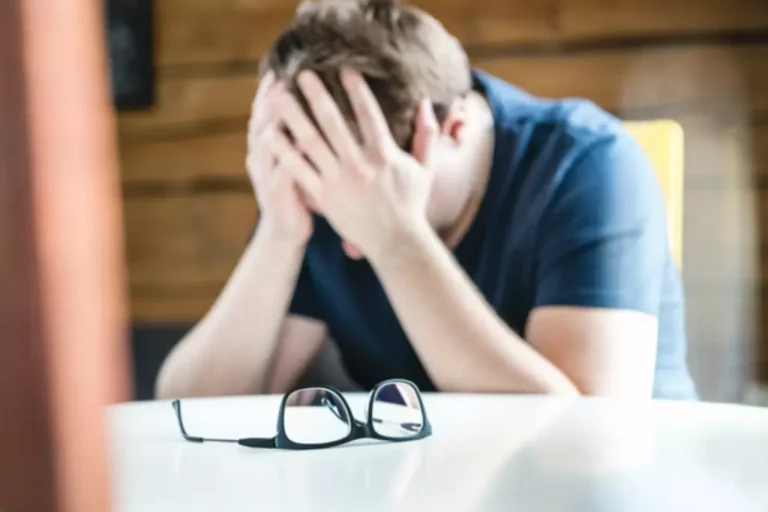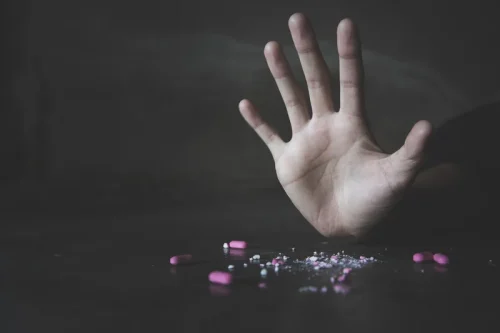
They include aches, pains, shakes, and numerous symptoms that can cause significant physical problems. Those physical problems can lead to their own immediate anxiety, because the symptoms themselves can be uncomfortable and often very stressful to deal with. If you reach for alcohol in an effort to avoid experiencing a panic attack or feelings of anxiety, you can quickly become trapped in a debilitating cycle that becomes very difficult to break. This is a slippery slope that can easily spiral into a devastating addiction, make your panic attacks and anxiety worse in the long term. Alcohol disrupts sleep patterns, leading to insomnia or fragmented sleep, which can worsen anxiety. Recovery Ranger is a website that offers direction and support for those seeking to overcome addiction and achieve lasting sobriety.
- You may find yourself calling in sick more often or being less productive when you are at work.
- As a result, the best way to prevent panic attacks after drinking is to know your limits and avoid drinking to excess.
- Stressful environments—whether at home, work, or social settings—can intensify feelings of anxiety during this time.
- There are a few things that you can do to help ease the symptoms of alcohol withdrawal and minimize the chances of having a panic attack.
- The intricate relationship between alcohol withdrawal and anxiety attacks is a crucial aspect of recovery that deserves careful attention and understanding.
What role does stress play in panic attacks related to alcohol withdrawal?

Alcohol enhances GABA’s effects and suppresses glutamate; thus, when alcohol is removed, there’s an increase in neural excitability. This imbalance can lead to various symptoms, including anxiety and panic attacks. A wide range of resources are available for support during alcohol withdrawal, and connecting with our team at Alcohol Awareness can help you connect with these resources.
- Contact us today to get help for alcohol addiction and underlying panic disorders.
- Care facilities and addiction recovery programs also provide peer support and accountability.
- Anxiety and sobriety – two things that don’t seem like natural companions, but that’s only at first, naive sight.
- However, it is believed that the sudden decrease in alcohol intake can trigger an imbalance in brain chemistry, leading to heightened anxiety and panic.
- Those physical problems can lead to their own immediate anxiety, because the symptoms themselves can be uncomfortable and often very stressful to deal with.
- However, if there is a chance that you are physically or psychologically addicted to alcohol then you should not attempt to stop drinking without professional support.
The Experience of Paranoia: A Caregiver’s Perspective
You don’t need to be at the point of requiring emergency attention to reach out to those around you for support. Because the alcohol and anxiety cycle https://ecosoberhouse.com/ feeds on itself, and over time causes a person to drink more, eventually it may lead to addiction. If a person uses alcohol as a form of self-medication, it can quickly escalate into a serious problem. If a person regularly drinks to the point where alcohol panic attacks are the norm, it is a sign of addiction. For those struggling with alcohol use and anxiety, numerous resources are available. These include local addiction treatment centers, mental health professionals specializing in dual diagnosis, support groups like Alcoholics Anonymous and SMART Recovery, and national helplines.

Therapy Services
The threat of panic attacks is one factor that makes it more difficult for people to overcome addiction to alcohol. It also makes the road to recovery full of angst, pain, and setbacks. Your body, however, is always looking to establish equilibrium, or balance. A heavy influx of alcohol can lead to your body blocking its own GABA receptors in an attempt to re-establish this equilibrium. With fewer GABA receptors available, your body can naturally absorb less GABA, which inhibits your ability to naturally calm down and can lead to panic attacks. Studies have found that heavy drinkers have increased cortisol levels due to alcohol’s effects on the body.
Is Anxiety Associated with Alcohol Tolerance and Dependence?
When the body and mind haven’t had the opportunity to rest, a person may feel on edge and irritable. If a person is also taking antidepressants, which is not uncommon for people with anxiety, the combination of the two worsens the condition and alcohol induced panic attack can trigger a severe panic attack. Alcohol has an effect on brain chemistry – it can induce panic because of its effects on GABA, a chemical in the brain that normally has a relaxing effect. However, evidence shows that there is a direct link between alcohol and panic attacks. When we reach for alcohol in an effort to calm the symptoms of anxiety and panic, we can become trapped in a vicious cycle that may eventually lead to a physical or psychological addiction.

The Prevalence of Anxiety During Alcohol Withdrawal
Over time, excessive use of alcohol can cause strain on your body that manifests as acute or chronic health conditions that can include liver and cardiovascular disease. Just one evening of reasonably heavy drinking can cause frightening alcohol withdrawal panic attacks. While not everyone going through alcohol Halfway house withdrawal will experience panic attacks, they are relatively common among individuals with a history of heavy and chronic alcohol use. The condition of alcohol-induced anxiety can last for several hours and can be one of the more serious symptoms of alcohol withdrawal. When an individual has consumed alcohol for a period of time and then stops drinking, their anxiety can be aggravated by alcohol withdrawal. If you’ve tried to reduce or stop drinking in the past and have experienced withdrawal symptoms, there are ways to safely detox from AUD.
During alcohol withdrawal, the brain experiences significant changes in neurotransmitter levels. The absence of alcohol leads to decreased GABA activity and increased glutamate activity. This imbalance causes heightened excitability in the nervous system, contributing to increased anxiety and the potential for panic attacks. Aftercare is essential for anyone recovering from alcohol dependence.

Apart from panic attacks, individuals undergoing alcohol withdrawal may experience symptoms such as tremors, sweating, nausea, insomnia, irritability, mood swings, and difficulty concentrating. Maintaining their mental health is critical throughout the detox process. Alcohol withdrawal panic attacks can create many other issues for the individual attempting to get sober on their own.
